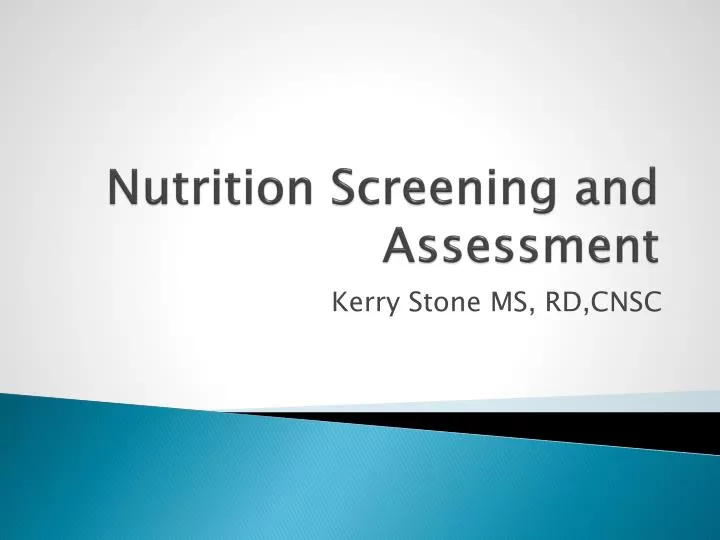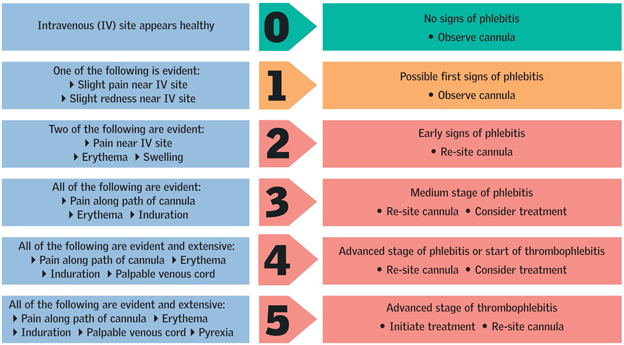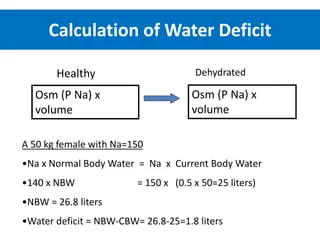5 Common Fails in the Nutritional Assessment Station for the NMC OSCE
5 Common Fails in the Nutritional Assessment Station for the NMC OSCE

The Nursing and Midwifery Council (NMC) Objective Structured Clinical Examination (OSCE) is a critical assessment for overseas nurses aiming to practice in the UK. One of the stations that can be particularly challenging is the Nutritional Assessment station. Here are five common fails to watch out for and tips on how to avoid them.
1. Incomplete Documentation
Fail: Not completing all sections of the nutritional assessment form accurately.
Tip: Ensure you fill out every part of the form, including the patient’s weight, height, BMI, and any relevant scores from the Malnutrition Universal Screening Tool (MUST). Double-check your entries for accuracy and completeness.
2. Incorrect BMI Calculation
Fail: Miscalculating the Body Mass Index (BMI), leading to incorrect risk categorization.
Tip: Practice calculating BMI using the formula:
. Familiarize yourself with BMI charts and practice using them to ensure you can quickly and accurately determine the BMI during the exam.
3. Failure to Identify Risk Factors
Fail: Missing key risk factors for malnutrition, such as recent weight loss or reduced dietary intake.
Tip: Thoroughly review the patient’s history and ask specific questions about recent weight changes, appetite, and any difficulties with eating. Document any risk factors clearly and accurately.
4. Poor Communication Skills
Fail: Failing to communicate effectively with the patient, leading to incomplete or inaccurate information gathering.
Tip: Practice your communication skills, focusing on open-ended questions and active listening. Ensure you explain the purpose of the assessment to the patient and encourage them to provide detailed responses.
5. Inadequate Care Planning
Fail: Not developing a comprehensive care plan based on the nutritional assessment findings.
Tip: Based on the assessment results, create a detailed care plan that addresses the patient’s nutritional needs. Include specific interventions, such as dietary modifications, supplements, or referrals to a dietitian. Ensure your plan is realistic and tailored to the patient’s individual circumstances.
Tips for Success
- Practice Regularly: Regular practice will help you become more confident and proficient in performing nutritional assessments.
- Stay Organized: Keep your notes and documentation organized to ensure you don’t miss any critical information.
- Review Guidelines: Familiarize yourself with the NMC guidelines and marking criteria for the Nutritional Assessment station.






